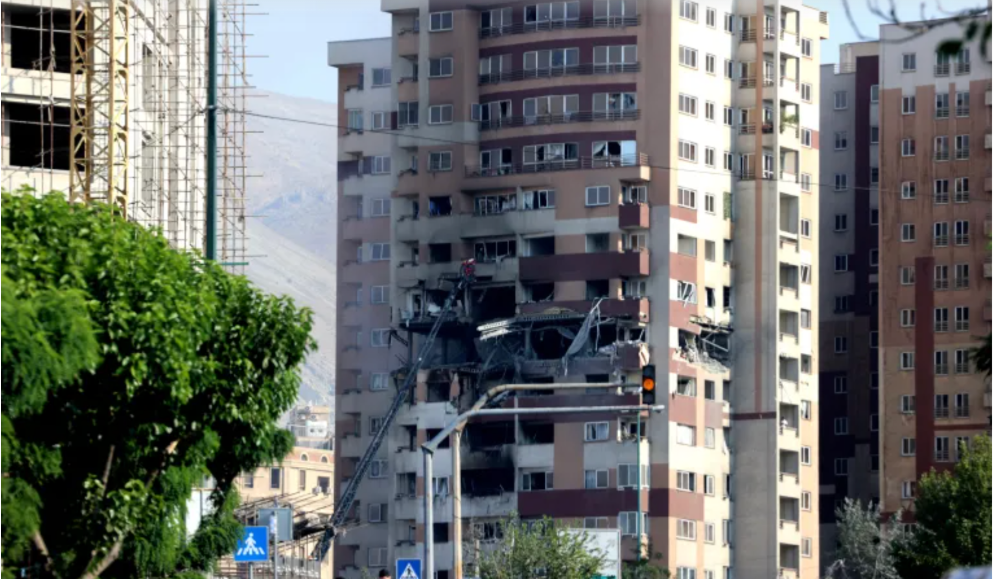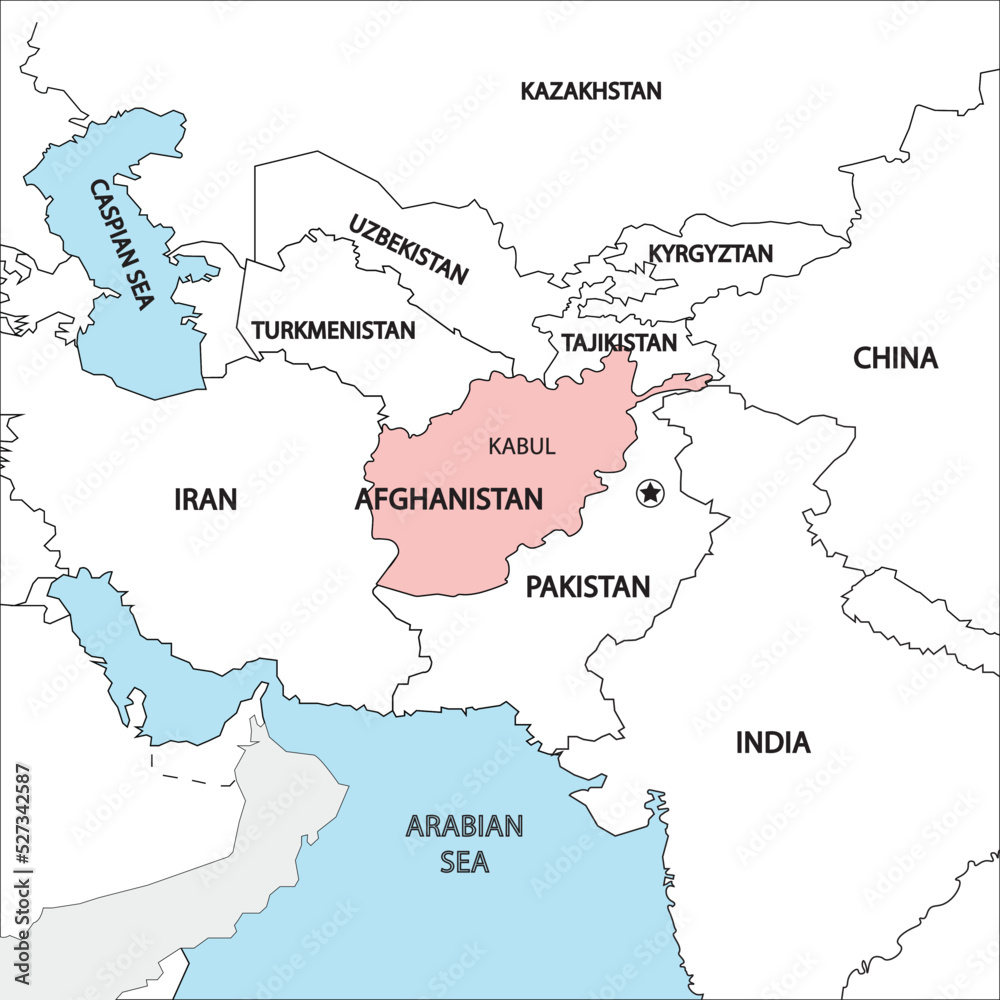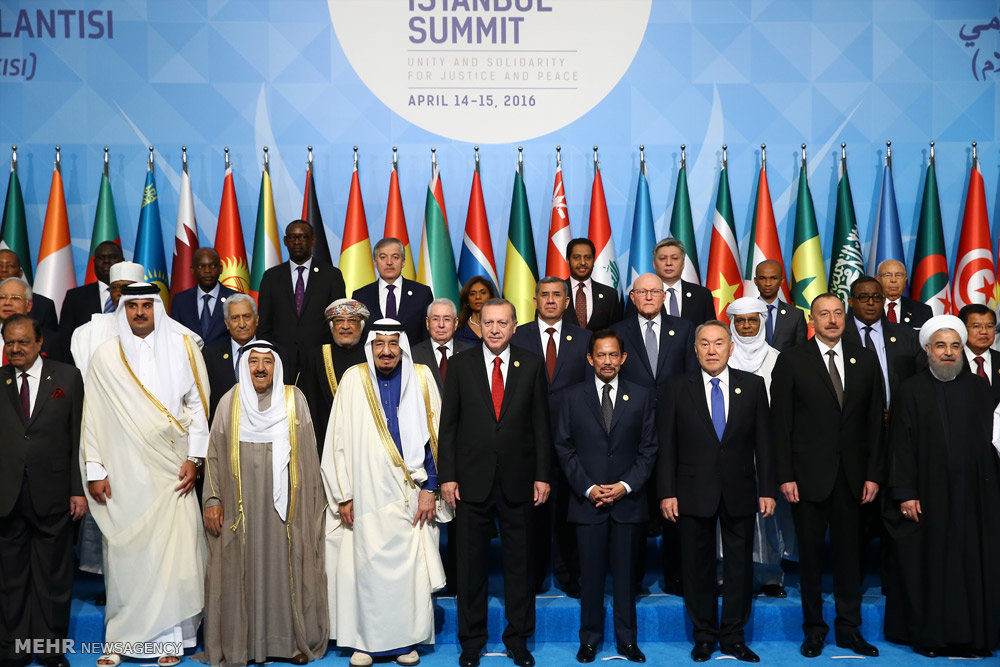Pakistan Urges Muslim Nations to Stand Against ‘Israel’—Could a New Military Axis Be Forming?

Iran and Pakistan have relations that include strategic and geopolitical competition.
As “Israel” expanded its military strikes on Iran with unclear political goals, Pakistan—a nuclear-armed Muslim country—raised serious warnings about the war’s consequences.
Since the early hours of June 13, 2025, “Israel” launched air attacks across Iran, killing top military and political leaders, including Revolutionary Guard commander Hossein Salami and six nuclear scientists, among over 80 people targeted.
In response, Iran fired rockets and drones toward “Israel,” injuring more than 70 people.
On June 14, 2025, during a call with Pakistani Prime Minister Shehbaz Sharif, Iranian President Masoud Pezeshkian vowed a “stronger and harsher response from Iran’s armed forces” if the attacks continued.

What stood out was Pakistan’s Defense Minister Khawaja Asif calling on June 14, 2025, for all Muslim countries to unite against “Israeli aggression” toward Iran.
In a speech to the National Assembly condemning the recent Israeli attack on Iran, Asif said Iran is a neighboring country of Pakistan and “we have centuries-old relations”.
“In this time of trial, we stand by Iran in every way. We will protect Iranian interests. Iranians are our brothers, and their grief and pain are shared.”
“Israel targets Yemen, Iran, and Palestine, so unity among the Muslim world has become an urgent necessity. If we remain silent and divided today, everyone will eventually be targeted,” he warned.
Asif stressed the need for an emergency meeting of the Organization of Islamic Cooperation, with all Muslim countries uniting to confront “Israel.”
He also noted that even non-Muslim Western populations are protesting against “Israel.” Their consciences have awakened, unlike those in the Muslim world.
“Pakistan has maintained its firm stance since day one,” the minister added. “We have never recognized Israel nor established any relations with it.”
Asif urged all Muslim countries to “cut ties with Israel,” saying, “Israel’s hands are stained with Muslim blood and such hands must be rejected.”
As the only Muslim country with nuclear deterrence, Pakistan has long been regarded as the “spiritual pillar” of the Muslim world.

Pakistan-Iran Relations
Pakistan-Iran relations have experienced ups and downs since Pakistan’s creation in 1947 after the partition of India, with border tensions remaining the main weak point between Tehran and Islamabad.
Both countries were part of the Baghdad Pact formed in 1955 alongside Iraq, Turkiye and Britain to contain the Soviet Union, until Iran withdrew in 1979 following its revolution.
During the Cold War, Iran openly sided with Pakistan in its conflicts with India, providing economic and military aid.
More recently, as Iran has shifted toward an eastern policy, it has relied on Pakistan to expand cooperation with China; all railways and highways linking Iran and China pass through Pakistan. In 2024, the Pakistan-Iran Peace Pipeline gas project was launched as a long-term collaboration between the two.
Pakistan hosts around 40 million Shia Muslims out of its 250 million population, while Iran’s majority population of 84 million are Shia.
With the Israeli Occupation’s attacks on Tehran escalating, experts remain uncertain about the full scope of the new offensive. This uncertainty has only deepened after Israeli Prime Minister Benjamin Netanyahu announced that “Israel” had struck over 200 military and nuclear sites in Iran under “Operation Rising Lion.”
He declared that the operation aims to eliminate what he called the “dual threat” of Iran’s nuclear and missile programs, asserting that “Israel” is acting with full force.
Notably, Netanyahu called on June 13, 2025, for the Iranian people to unite around their flag and heritage and rise against the “oppressive and evil regime.”
Former U.S. President Donald Trump praised the Israeli attack as “excellent” and urged Iran to swiftly reach a nuclear deal with Washington.
A senior Israeli official, speaking anonymously to the Wall Street Journal on June 13, revealed plans for a 14-day military operation against Iran, comparing “Israel’s tactics” to those used against Lebanese militias and Hezbollah, Iran’s ally.
Amid the escalating conflict between Iran and “Israel,” Pakistan is watching with growing concern, weighing the long-term strategic implications of the confrontation.
The extent of Pakistan’s role in supporting its neighbor Iran remains unclear, though Pakistani leadership intensified contacts with Tehran immediately after the Israeli strikes and pledged to stand by Iran “in every way.”

‘Building a Military Balance’
Pakistan’s pledge to stand behind Iran raises questions about the possible emergence of a new military axis in the region against “Israel,” based on the shared interests of the two neighboring countries.
Pakistan views India as an existential threat, citing the occupation of Kashmir and India's role in the secession of Bangladesh, so Islamabad allocates the bulk of its military resources to the border with India.
A new chapter in this decades-old conflict unfolded recently, as tensions escalated on April 22, 2025, when militants shot tourists in the Indian-administered Jammu and Kashmir town of Pulwama, killing 26 and injuring others.
In response, on May 6, the Indian army launched missile strikes on Pakistani territory, including Pakistan-controlled Azad Kashmir, citing retaliation for the Pulwama attack.
The two sides exchanged attacks until U.S. President Donald Trump announced on May 10 a mediated, immediate, and comprehensive ceasefire.
India’s missile strike on Pakistan in early May 2025 was described as the latest episode in this long-standing conflict.
Before 1947, India and Pakistan were one region under British colonial rule. Upon independence, the region was divided into Pakistan (with a Muslim majority) and India (with a Hindu majority).
Since partition, both countries have disputed sovereignty over Kashmir, having fought wars in 1947-48, 1965, and the 1999 Kargil conflict, with each controlling parts of Kashmir but claiming the whole territory.
In the 1971 conflict, India supported East Pakistan’s (now Bangladesh) war of independence, leading to approximately one million deaths and 15 million refugees, with lasting repercussions to this day.
“Due to the Pakistan-India conflict, India cooperates with Israel in weapons technology, especially drones, which India heavily relied on during the April 2025 war,” political analyst Ahmad al-Hawas told Al-Estiklal.
“Pakistan aims to create a military balance with India, and a significant portion of Pakistan’s population is Shia loyal to Iran, including military leaders.”
“When Pakistan declares it stands with Iran ‘in every way,’ it knows it cannot use nuclear weapons or enter militarily, but it sends clear messages to India and Israel,” he added.
Al-Hawas explained that although the alliance isn’t formalized, it sends a strong signal: to Tehran, reflecting Islamabad’s support, and to India, indicating that Pakistan has a formidable ally in any future conflict.
“Pakistan’s message to Israel: if you fear Iran’s nuclear program, remember that Pakistan, also a nuclear power, stands with Iran,” the source said.

Relationship Without an Alliance
The escalating war between “Israel” and Iran—marked by unprecedented targeting of Iranian military leaders and strikes on strategic nuclear sites—has raised fears of a devastating conflict, as warned by Turkish President Recep Tayyip Erdogan during a call with Saudi Crown Prince Mohammed bin Salman on June 14, 2025.
Saudi Arabia’s Foreign Ministry condemned the Israeli attacks, describing them as blatant violations of Iran’s sovereignty and international law.
Observers say Pakistan fears that a weakened Iran could open the door to future threats against itself, especially given the ongoing threat from its neighbor India.
However, these developments do not yet indicate the formation of a new military alliance between Iran and Pakistan.
Iran expert Ammar Jallou told Al-Estiklal that despite some cooperation and border tensions, Iran and Pakistan maintain a relationship marked by both rivalry and strategic-geopolitical competition. For instance, Iran’s close ties with India contrast with Pakistan’s strong partnership with China.
Jallou also noted Iran’s partnership with Armenia faces opposition from Azerbaijan and its alliance with Pakistan and Turkiye, alongside deep disputes between Iran and Pakistan over Afghanistan, including mutual accusations of supporting opposing militant groups like the Justice Army and Baloch separatists.
“Pakistan’s Defense Minister’s statement about standing with Iran ‘in every way’ reflects a competition among influential Islamic states—Saudi Arabia, Turkiye, Iran, and Pakistan—for leadership in the Muslim world. Thus, the current Iran-Israel conflict does not yet signal a formal military alliance between Tehran and Islamabad.”
“Pakistan’s hostile stance toward Israel, especially after Hamas strengthened ties with Pakistani Islamist factions, contrasts with India’s growing relationship with Israel under Modi’s government, which has moved away from traditional support for Palestinian rights. This dynamic heavily influences Pakistan’s foreign policy, evident in the opposing stances of India [supporting Israel] and Pakistan [opposing Israel] during recent events like Operation al-Aqsa Flood,” Jallou said.
“China’s strong relationship with both Iran and Pakistan may have prompted the latter to take this position, given the potential harm China could face if the conflict expands, especially as Beijing lacks direct means of pressure in the crisis.”
This perspective broadly aligns with Russia’s stance, which sees a weakened Iran—its key partner in the Ukraine war—as a strategic setback. Yet Moscow’s response remains constrained by its recent efforts to mend ties with Washington.
Sources
- Pakistan's Defense Minister: We stand with Iran in every way [Arabic]
- Pakistan MoD vows to stand by Iran in every way
- 'Israel' plots 14-day strike campaign, Iran holds emergency talks
- Netanyahu Urges Iranians to “Unite Against the Evil Regime” [Arabic]
- Pakistan comes out in support of Iran after Israel's attack, urges Muslim countries to unite
- Erdogan Warns of a 'Devastating War' Amid Israeli-Iranian Escalation [Arabic]









